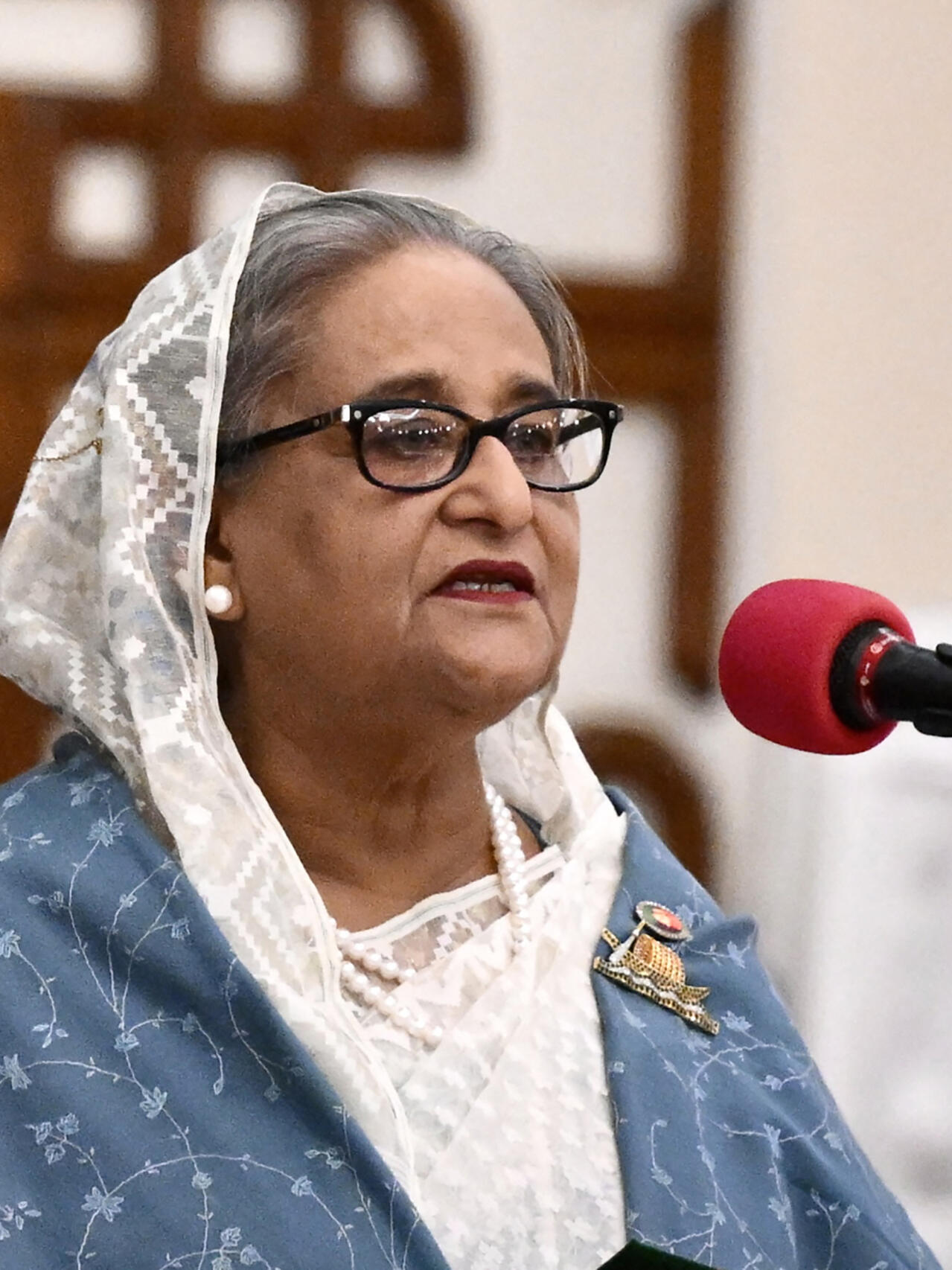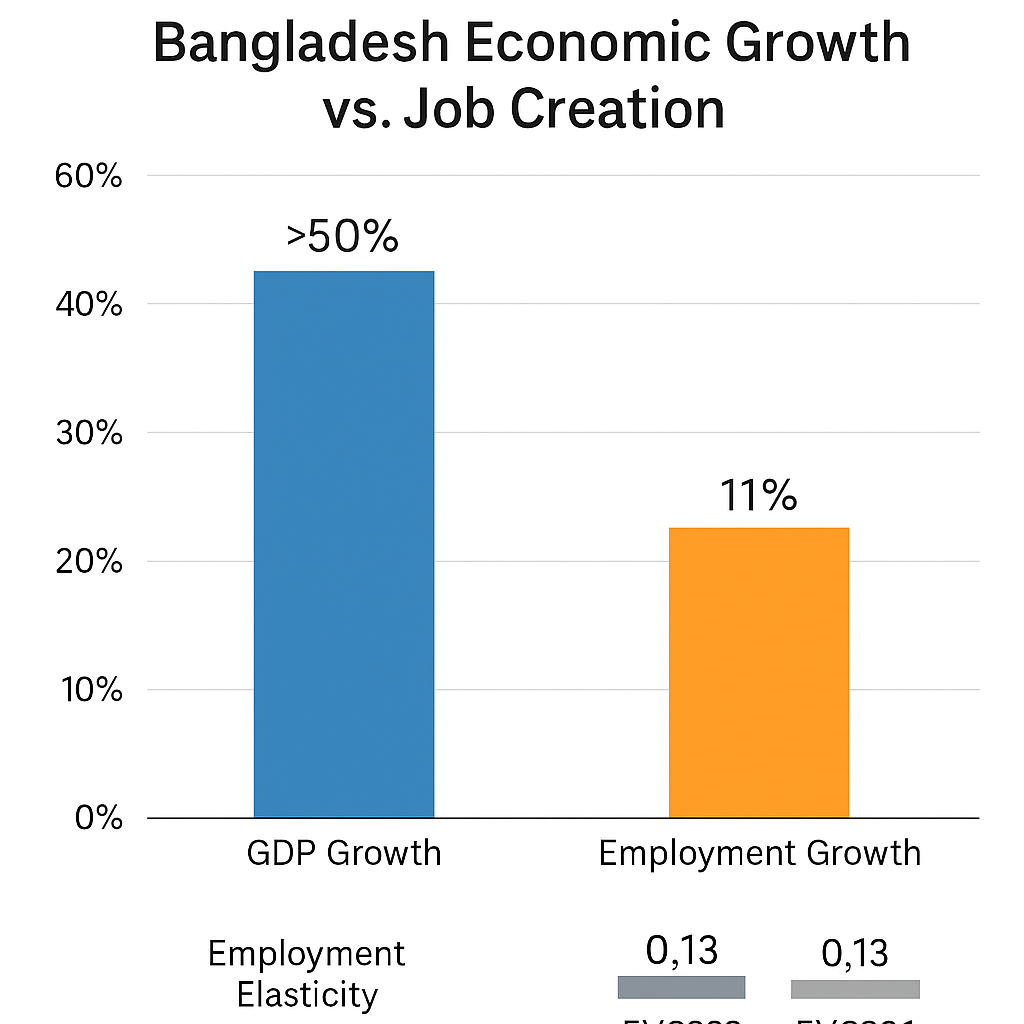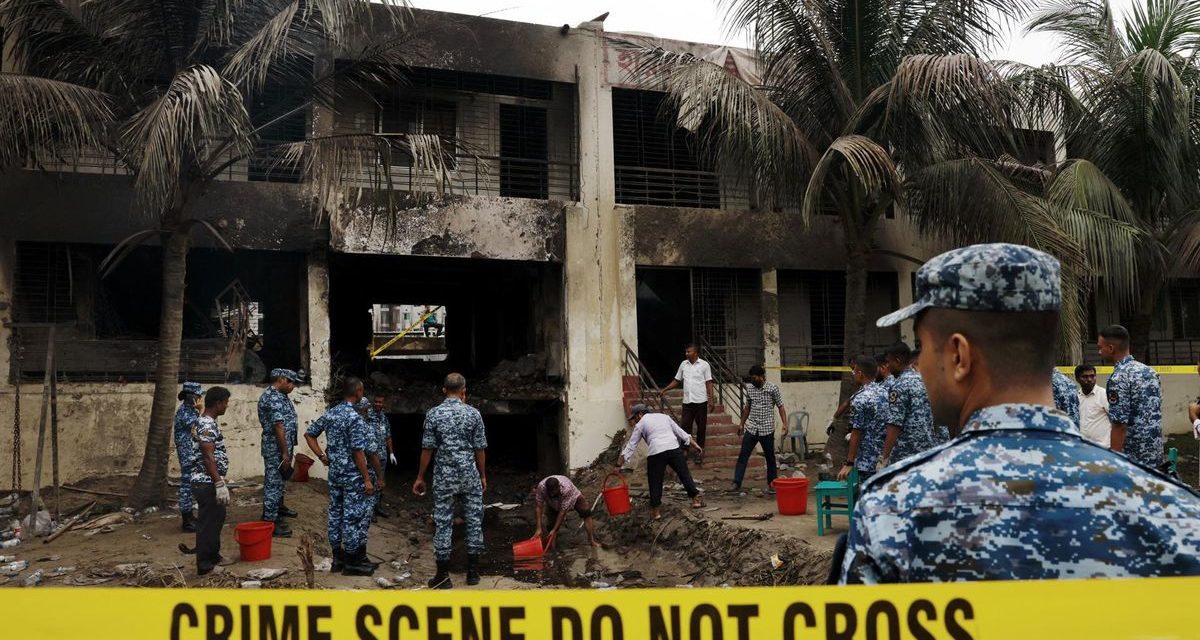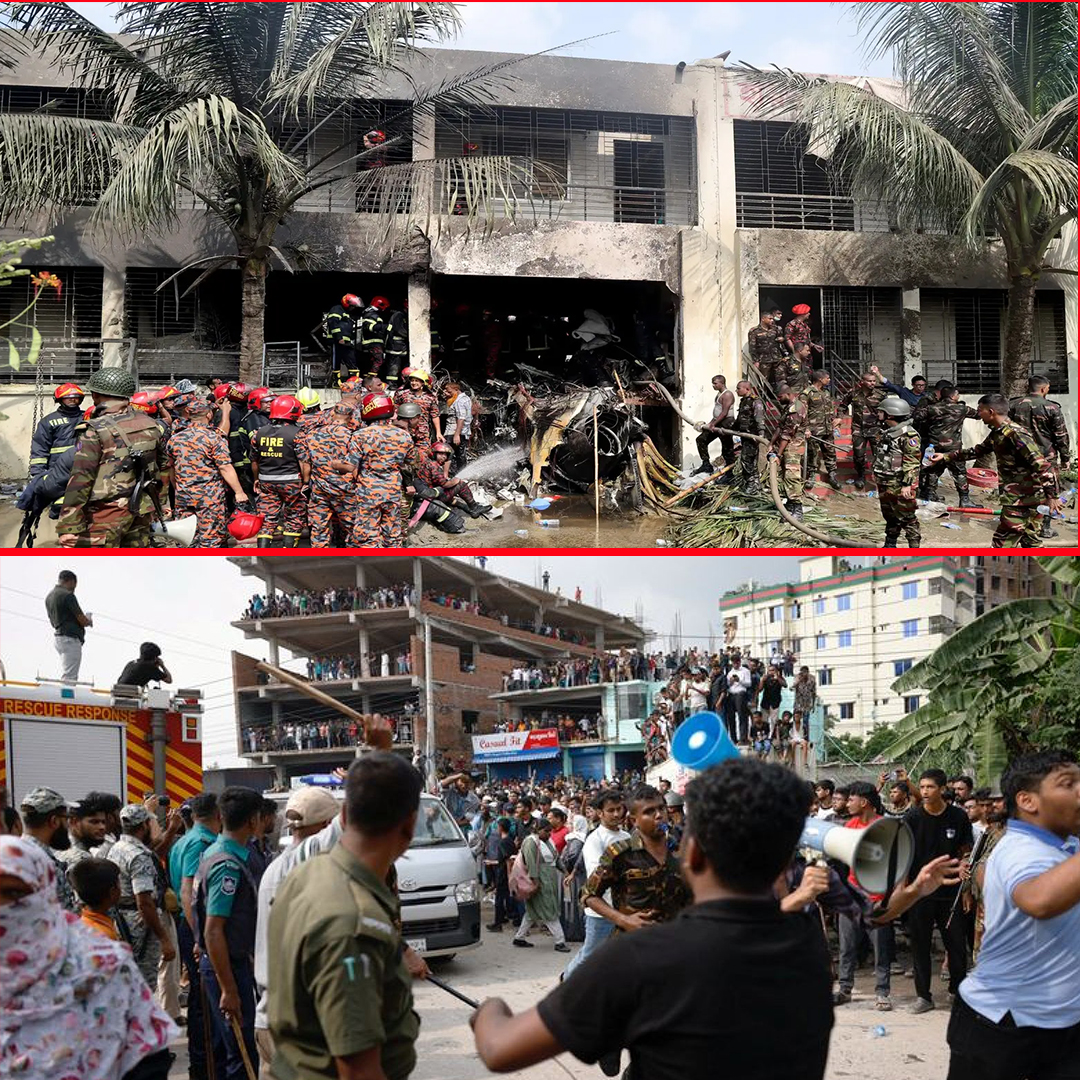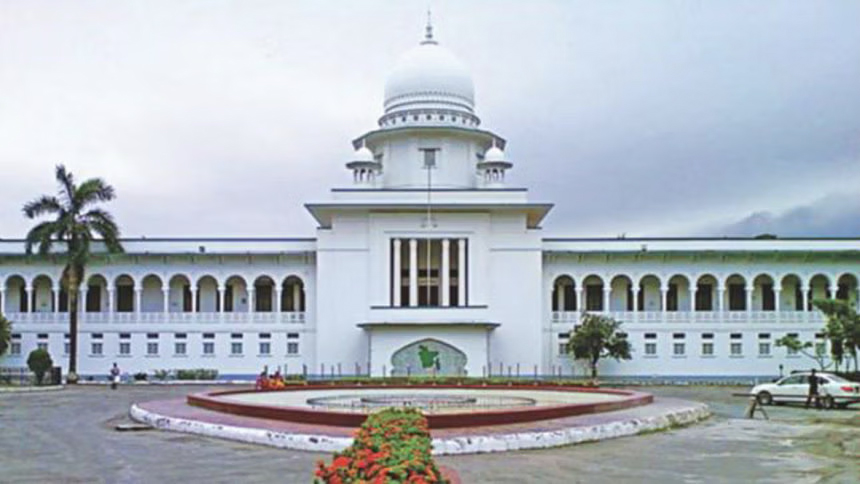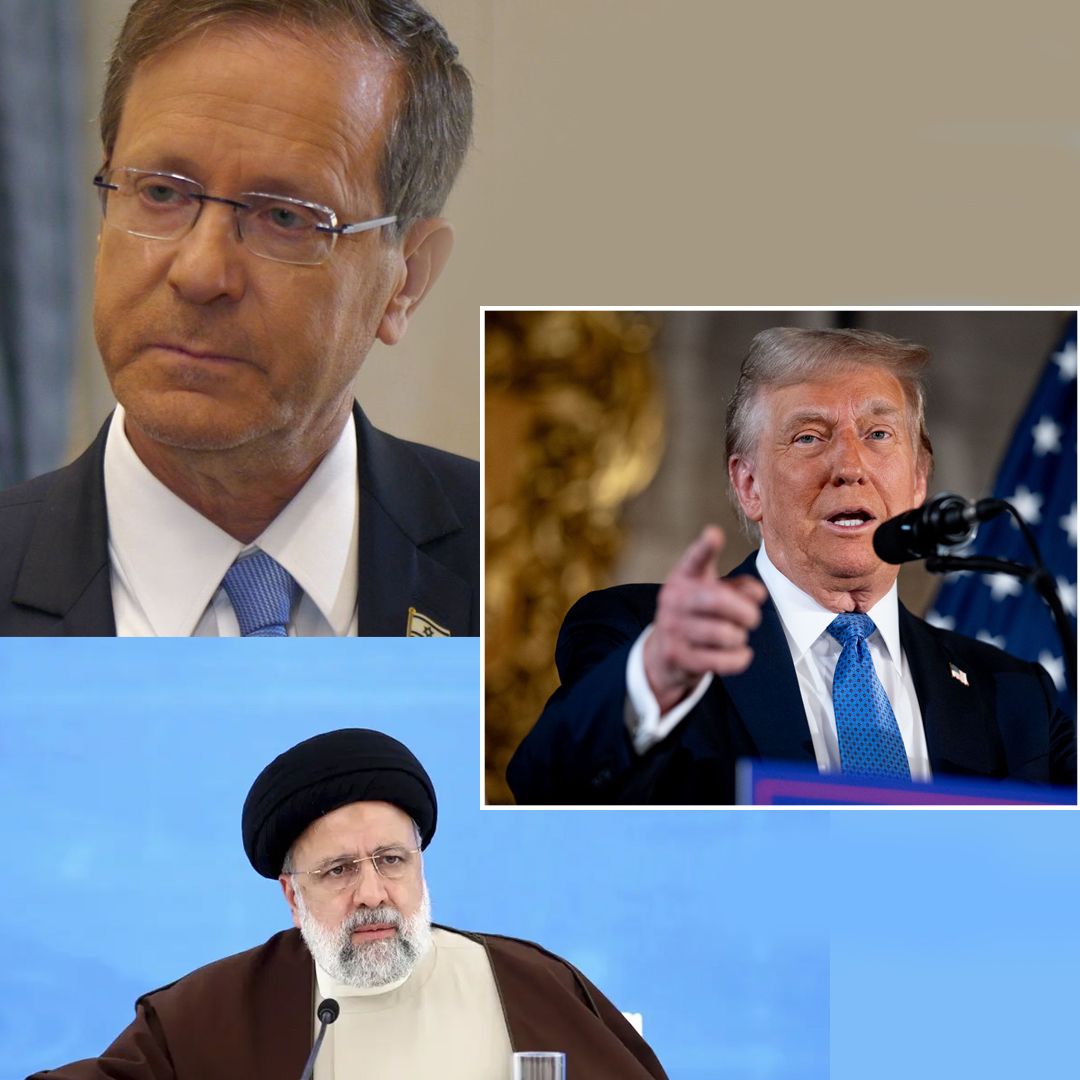
Airstrike on Iranian State Broadcaster Escalates Israel–Iran Conflict as Tehran Seeks U.S. Intervention
An unprecedented Israeli strike on the Islamic Republic of Iran Broadcasting (IRIB) complex in Tehran on June 16, 2025, has dramatically intensified the Israel–Iran conflict. Four precision-guided munitions tore through the heart of Iran’s state media hub, sending plumes of dust and debris into the live newsroom, forcing anchors to abandon their desks mid-broadcast. The attack—denounced by Tehran as a blatant assault on freedom of information—marks the first time Israel has openly targeted a civilian media institution and signals a stark departure from previous engagements focused solely on military or nuclear sites.
Israeli officials defended the operation as a strategic blow against Iran’s “global propaganda machine,” asserting that IRIB serves as a tool for incitement and psychological warfare. Defense Minister Israel Katz characterized the network as “an active battlefield” that orchestrates disinformation campaigns aimed at destabilizing Middle East peace. In Tel Aviv, Prime Minister Benjamin Netanyahu lauded the strike as a measured response to months of Iranian-backed drone incursions and missile barrages into Israeli airspace, citing a need to degrade Tehran’s asymmetric warfare capabilities and limit its influence across the region.
In retaliation, Iran launched more than 100 ballistic missiles and unmanned aerial vehicles toward Israeli population centers overnight. While Israel’s multi-layered Iron Dome and David’s Sling defenses intercepted the majority of incoming threats, isolated strikes breached perimeter zones in Haifa and the outskirts of Tel Aviv, causing property damage and minor casualties. Official estimates report at least 20 Israeli civilians wounded and dozens of buildings damaged. Iranian state television broadcast footage of launch pads in the rugged outskirts of Isfahan and Kerman, insisting the counter-strike was “proportionate and inevitable” following the IRIB assault.
Facing mounting international concern over civilian targets, Tehran turned to the United States for rapid de-escalation. In a high-stakes diplomatic overture, Iran’s foreign ministry publicly urged President Donald Trump to place a phone call to Prime Minister Netanyahu, arguing that “one decisive intervention from Washington can bring an end to this bloody cycle.” Tehran’s negotiators dispatched envoys to Doha and Muscat to solicit Qatar and Oman’s assistance in lobbying the U.S. administration. Leveraging progress in preliminary nuclear talks, Iran hinted at extending its cooperation with the Joint Comprehensive Plan of Action (JCPOA) framework if hostilities ceased immediately.
President Trump, who cut short his attendance at the G7 summit in Canada, took to his Truth Social platform to call on Iranians to evacuate major urban centers and blame hardline Tehran clerics for “alienating the United States” and “wasting Iranian lives.” In Washington, bipartisan lawmakers urged Trump to explore direct dialogue, warning that unchecked escalation could trigger a broader regional war drawing in Hezbollah in Lebanon, Houthi forces in Yemen, and militia proxies in Iraq and Syria—multiplying the human and economic toll across the Middle East.
Meanwhile, European and United Nations envoys have condemned the targeting of civilian infrastructure, emphasizing that international humanitarian law prohibits attacks on non-military institutions. The U.N. Security Council convened an emergency session to debate a ceasefire resolution, although Russia and China signaled reluctance to impose binding measures without full representation of regional stakeholders. French President Emmanuel Macron and German Chancellor Olaf Scholz separately appealed for restraint, stressing that the survival of the JCPOA and the security of Gulf oil routes hang in the balance.
The economic repercussions of the IRIB strike reverberated through global markets. Brent crude briefly surged above $85 per barrel amid fears of supply disruptions in the Strait of Hormuz—through which 20% of the world’s petroleum transits—before retreating as traders speculated on possible U.S. diplomatic breakthroughs. Defense analysts caution that Israel’s air superiority may be fleeting, as Iran’s robust missile infrastructure and underground storage facilities could sustain prolonged asymmetric exchanges. The conflict’s persistence threatens to undermine regional stability, fueling sectarian tensions and empowering extremist factions on both sides.
Domestically, both governments confront internal pressures. In Israel, Arab-Israeli communities have staged solidarity rallies with Palestinians, denouncing the Netanyahu administration’s “unilateral aggression.” Meanwhile in Iran, protests have erupted over exacerbated economic hardship—where inflation and unemployment surged in the wake of renewed Western sanctions—and public frustration with leadership decisions that risk national security for diplomatic leverage. Such civil unrest complicates each capital’s calculus, potentially constraining further military action or pushing hardliners to double down.
As the dust settles in Tehran and Tel Aviv, all eyes turn to Washington. A single presidential phone call may offer a path to ceasefire, but it risks being too little, too late if battlefield momentum or domestic pressures in either country push leaders toward further escalation. The next 48 hours will be critical: a coordinated pause could revive stalled nuclear negotiations and stabilize oil markets, whereas continued strikes on media outlets and civilian areas may shatter remaining diplomatic inroads and set the Middle East on a darker, more volatile trajectory.

